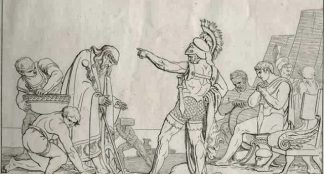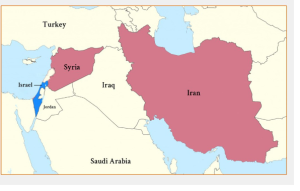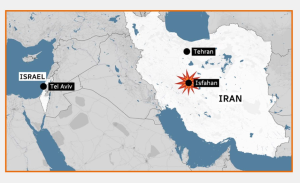Political Dimension of Hybris in Ancient Greece

Dr Dimitris Gikas
Director of Educational Programmes & Actilvities
Professor of Philosophy and Literature at IIEK American Education
In Ancient Greek Reality, Hybris and Politics seem to be roommates. Very often, leaders shown as having an exaggerated self-pride. The power of leadership affects most of them. They feel like gods. But, of course, they are not…
Homer emphasizes the importance of Hybris in politics. He refers Egisthos as a typical case, where Hybris causes not only a personal stigma, but also contains relevant political semantics. The murder of Agamemnon by his own cousin, Egisthos, is not just an erotic crime. The murderer, besides the beautiful Clytemnestra, also grasps the throne and the political leadership. But, he does not enjoy it for a long time. Orestes avenges the murder of his father, while claiming his right to the throne succession. Hybris always walks side by side with Nemesis.
Iliad, Homer’s epic poem, is based on Agamemnon’s hybris. At first, he shows disrespect for Apollo’s priest. Then, he behaves unacceptable to the most worthy warrior, Achilles. A foolish leader, full of arrogance and political ambiguity, causes major troubles to his army: Apollo kills many of the Greek soldiers; Achilles is away from the battle for a long time, while Hector destroys the Greek army and Trojans burn the ships. When Achilles returns to the war, Agamemnon realizes his foolishness, attributing it to Hybris: I was blinded, he apologizes. And we all know where a blind leader leads his followers…
In Ancient Greek Tragedy, hybris is fundamental element of the myth – the scenario of the Tragedy. In Antigone of Sophocles, Creon, the new King of Thebes, in his programmatic statements, announces himself as the chosen one, the God’s choice to redefine peace in a shaky city .That was his first hybris: no one knows the will of Gods, except from a priest (in this case, a blind prophet named Tiresias). Creon behaves as a leader of totalitarian regime. He declares something that sounds a lot like “Le stat c’ est moi!” (I am the state): “The city belongs to its leader, don’t you think?”, says to his son Haemon. Hybris of Creon leads his son Haemon and his niece, Antigone, to the death. The play closes with Creon holding his son’s dead body and raving: What have I done? He provoked turmoil in the city and caused a personal tragedy. The same Creon and in the same city, where a while ago, he was proud that his presence and leadership was a catalyst for political and social calm! Even a King can recognize his fault – usually, when it’s too late for him and for his Kingdom…
So, what could modern leaders learn from all this? Political power can make you think you’re almost a God. You’re not! Even the most powerful leaders eventually fall – and they fall badly and noisily… Any political activity based on the glorification of power – as proclaimed by the theory of Political Realism – includes Hybris. And Hybris is never the right way for policy, unless we truly wish to live in an immoral, inhuman world. A world, where man remains a depraved animal, an animal with better and more effective weapons, an animal that destroys more efficiently and hates even more his neighbor. A world, where man easily removes what he has acquired with difficulty but is unable to create other achievements of equal or greater value. A world that Mankind approaches to an inevitable end…





